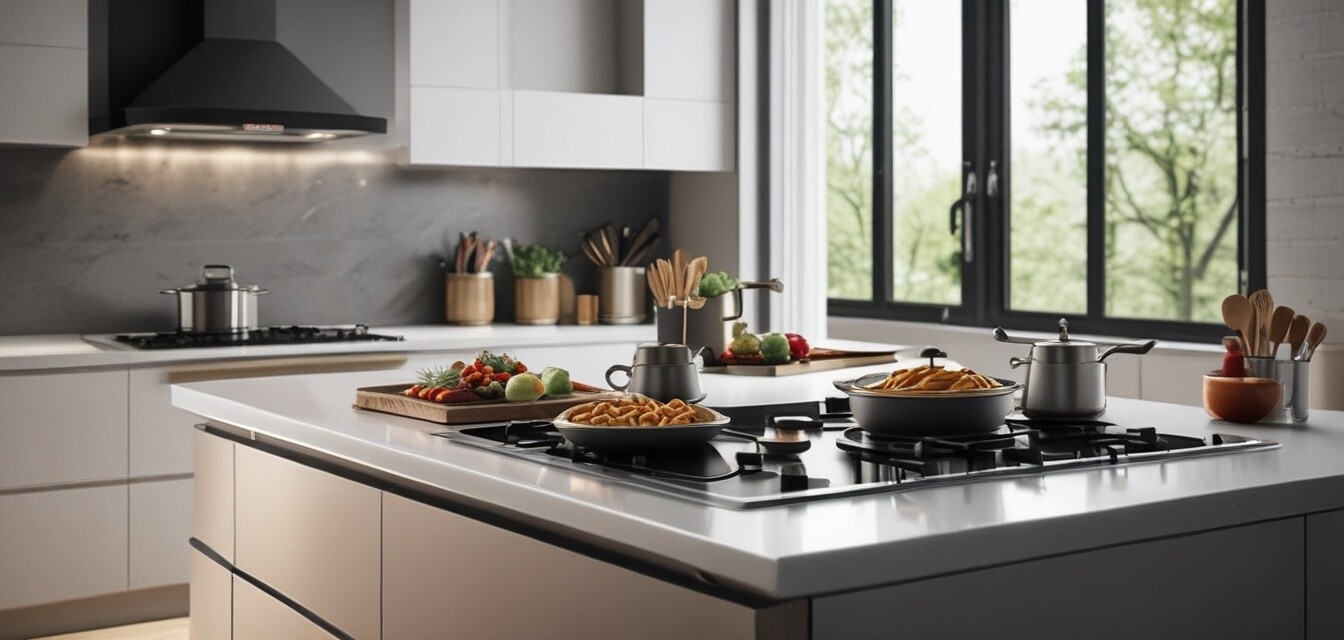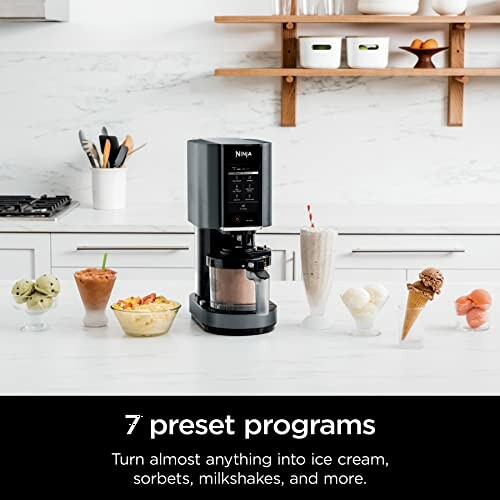
The Pros and Cons of Induction Cooktops: What You Need to Know
Key Takeaways
- Induction cooktops provide fast and efficient cooking compared to traditional methods.
- They are energy-efficient, using less energy while providing optimal heat control.
- Induction cooktops require compatible cookware, which can be a limitation for some users.
- They are generally easier to clean than gas and electric stoves.
- Induction cooktops can be more expensive upfront but offer long-term savings in energy costs.
In today's modern kitchens, the choice of cooking appliances can significantly impact cooking efficiency and the overall culinary experience. One notable option is the induction cooktop, known for its rapid heating capabilities and sleek design. However, like any appliance, they come with both advantages and disadvantages. In this article, we will dive deep into the pros and cons of induction cooktops to help you understand if they are the right fit for your kitchen.
What is an Induction Cooktop?
An induction cooktop is a type of electric stove that uses electromagnetic energy to directly heat pots and pans. Unlike traditional stoves that generate heat through gas or electric coils, induction cooktops create heat directly in the cookware itself, which leads to faster cooking times and improved energy efficiency.
Pros of Induction Cooktops
Pros
- Speed: Induction cooktops heat up much faster than gas or electric stoves.
- Energy Efficiency: Since heat is generated directly in the pot, less energy is wasted.
- Precision Control: Induction cooktops allow for precise temperature adjustments, perfect for delicate cooking tasks.
- Safety: The cooktop itself remains cool to the touch, reducing burn risks.
- Easy to Clean: Spills do not burn onto the cooktop as it does not get as hot, making clean-up easier.
Cons
- Cookware Compatibility: Only ferrous (magnetic) cookware works with induction cooktops, which may require new pots and pans.
- Cost: Induction cooktops can be more expensive than traditional cooking methods.
- Noise: Some induction cooktops can produce a humming sound while in use.
- Learning Curve: Users may need time to adjust to the new cooking method and controls.
- Power Limitations: Induction cooktops may have power restrictions depending on the model and electrical supply.
Comparison of Induction Cooktops with Other Cooking Methods
| Feature | Induction Cooktops | Gas Stoves | Electric Stoves |
|---|---|---|---|
| Heating Speed | Fastest | Medium | Slow |
| Energy Efficiency | High | Medium | Low |
| Safety | Very Safe | Moderate | Moderate |
| Cleaning Ease | Very Easy | Moderate | Easy |
Are Induction Cooktops Worth It?
Ultimately, whether an induction cooktop is the right choice for your kitchen depends on your cooking style and preference. If you value speed, energy efficiency, and safety, an induction cooktop could be a perfect addition to your culinary space. However, consider the cost and need for compatible cookware when making your decision.
Product Recommendations
If you are looking to invest in an induction cooktop, consider exploring our curated selections of luxury kitchen appliances. Here are some highlighted products:
Ninja CREAMi, Ice Cream Maker
Create delicious frozen treats like ice cream and sorbet at home with this compact Ninja CREAMi equipped with 7 one-touch programs.
Learn MoreOlaplex In Good Repair Hair Kit
Designed to hydrate and control frizz, this hair kit repairs damage while achieving shine and protection.
See ProductConclusion
Induction cooktops have transformed the way we cook, offering unique benefits such as speed and efficiency. However, it's essential to weigh the pros and cons to determine if this technology aligns with your cooking habits. Feel free to explore our other kitchen appliance recommendations for additional choices.
Additional Resources
For further reading, check out these articles:



